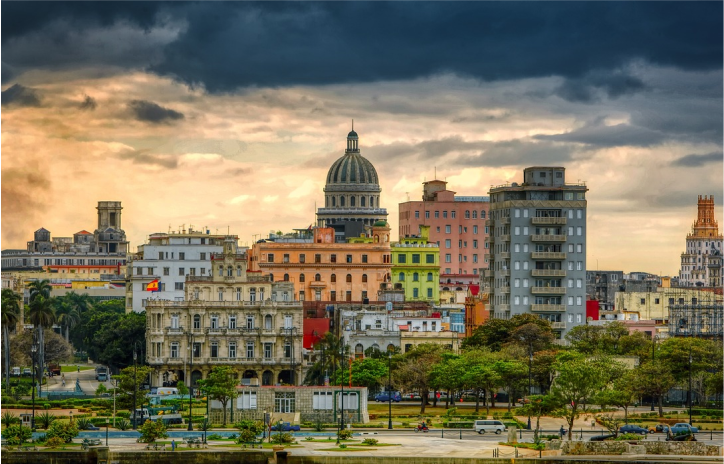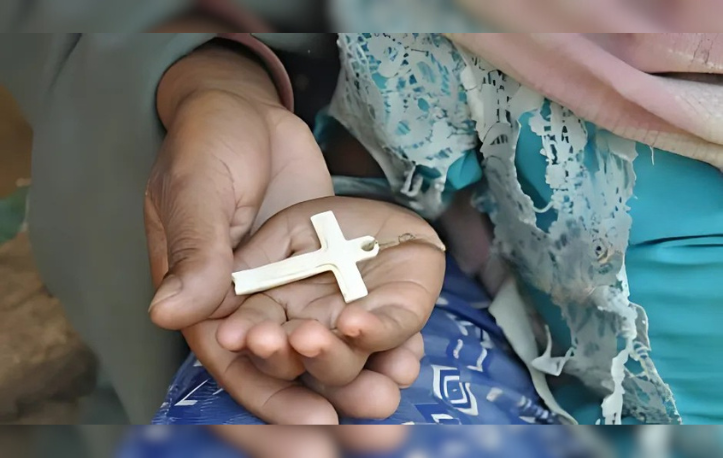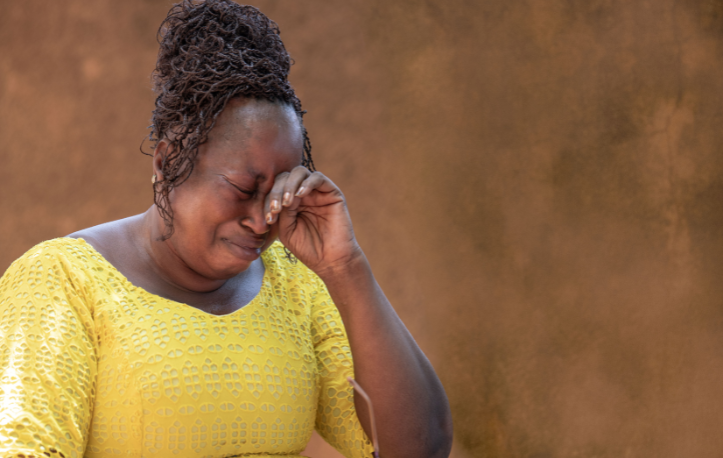More people fled Cuba in 2022 than ever before in the country’s 64-year history as a communist regime. According to United States government data, 250,000 Cubans, or two percent of the country’s population, migrated to the United States in 2022. After decades of heavy-handed control and economic mismanagement, many on the island have lost hope. The situation there is dire. Poverty is rising, food is scarce and costly, medicines are unavailable, and Cubans endure hours of blackouts every day.
When a Baptist pastor in Artemisa Province went to the Utilities Office to protest the high tariffs imposed on their church for electricity, he was arrested – by the electric company. He was sentenced to nine months in prison.
In another example, a pastor and his wife were evicted from their home of almost 30 years, even though they owned the home. When officials came to remove them, they handed the pastor and his wife documents prohibiting them from holding church services. The police chief threatened to imprison them because they are “dangerous.”
Unlike the overt violence Christians faced during the Communist Cuban Revolution, more subtle methods of persecution are now used by the Cuban government, largely out of concern for its global reputation. Christian leaders are often summoned by government officials for questioning or detained for up to 48 hours to pressure them, and churches are demolished by hired gangs so the government can deny responsibility. Legal church buildings are seized, and no new church buildings have been legally built in the country since the revolution.















Submit a Prayer